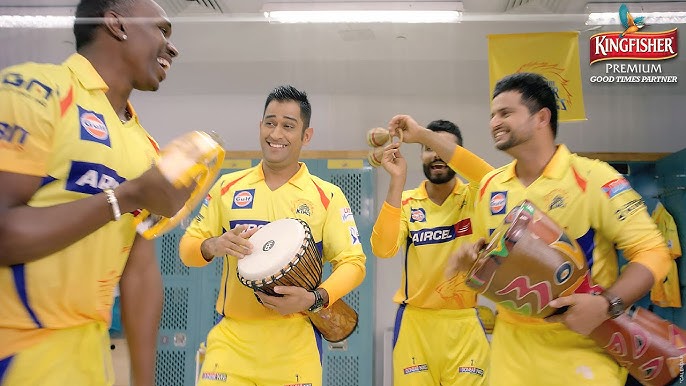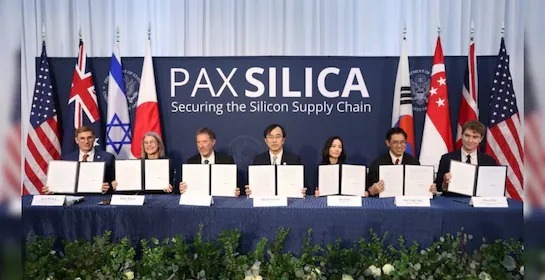Amitabha Dutta, J.@mdashThis matter has come up before us on being assigned by the learned Chief Justice as the learned referring Judge, Pradyot Kumar Banerjee, J. differed from the view taken by Sudhamoy Basu, J. in the unreported decision dated March 27, 1978 in C. R. No. 1714 of 1973 Gurucharan Das -Vs. Kshetra Mohan Kumar on the point as to whether the date of appearance in the suit for the purpose of section 17(1), 17(2), 17(2A) of the West Bengal Premises Tenancy Act will be the date of appearance in a proceeding under Order 9 Rule 13 of the CPC by the tenant defendant. Sudhamoy Basu, J, in the aforesaid unreported decision took the view that the date of appearance in a proceeding under order 9 Rule 13 of the Code will be the date of appearance in the suit for the purpose of calculating the time limit for deposit of the arrears of rent u/s 17(1) of the West Bengal Premises Tenancy Act. The learned Judge Pradyot Kumar Banerjee, J. has however taken a different view and in his Lordship''s opinion order 9 Rule 13 of the CPC is an independent proceeding and if after exparte decree an application is made for setting aside that decree, in that case unless the decree is set aside the defendant has no right to appear in and/or contest the suit and therefore the defendant cannot deposit the amount u/s 17(1) of the West Bengal Premises Tenancy Act or make an application u/s 17(2) and/or u/s 17(2A) of the said Act. The facts out of which the present case has arisen are not in dispute and may be briefly stated. The plaintiff opposite party filed ejectment suit No. 91 of 1978 on February 7, 1978 for eviction of the defendant from the suit premises on several grounds mentioned in section 13(1) of the Act. The summons issued in the suit was not served on the defendant but the suit was decreed exparte on 22.11.78. Thereafter on an application made by the tenant defendant on 9.3.79 under Order 9 Rule 13 of the Code, registered as Misc. Case no. 40 of 1979 the exparte decree was set aside after contest on 21.6.80. The court fixed the suit on 4.8.80 for taking steps. The defendant appeared by executing fresh Vokalatnama in favour of his learned Advocate on 4.8.80 and filed 3 applications, one under sub-section (1) another under sub-section (2A) clause (b) of section 17 of the Act and an application for supply of copy of the plaint to file written statement. The trial court by its order dated 27.1.82 rejected the defendant''s application u/s 17(2A)(b) of the Act on the ground that it was filed more than one month after the appearance of the defendant, and also more than one month after the date when the defendant had come to know about the filing of the suit prior to 21.6.80.
2. It has been submitted by Mr. Saktinath Mukherjee learned advocate appearing for the petitioner, in our view rightly, that the proceeding arising out of an application under Order 9 Rule 13 of the Code is a proceeding independent of the suit and that the appearance of the defendant in such a proceeding cannot be treated as his appearance in the suit for ejectment on any of the grounds specified u/s 13(1) of the Premises Tenancy Act (hereinafter called the Act). In this connection he has referred to the heading of Chapter III of the Act namely, "Suits and proceedings for Eviction" and has also pointed out to us the wording of section 17(1) of the Act the relevant portion of which is that on a suit or proceeding being instituted by the landlord on any of the grounds referred to in section 13 the tenant shall subject to the provision of sub-section (2) within one month from the service of the writ of summons on him or where he appears in a suit or proceeding without a writ of summons being served on him within one month of his appearance deposit in court etc. So the said sub-section refers to appearance in a suit or proceeding being instituted by the landlord on any of the grounds mentioned in section 13 of the Act. The proceeding arising out of an application filed by the tenant defendant under Order 9 Rule 13 of the Code for setting aside an exparte decree where summons had not been served on him cannot in any view be equated with or assimilated to a proceeding referred to u/s 17(1) of the Act. Mr. Mukherjee has also referred to the decision in the case of Salil Kumar Banerjee vs. Sailendra Nath Ghosh & others reported in 63 CWN 883 in which the learned Judge Banerjee, J. has held that a proceeding under Order 9 Rule 13 of the Code is an original proceeding quite independent of the suit and so substitution of a deceased plaintiff made in such a proceeding does not ipso facto amount to substitution of heirs of the deceased plaintiff also in the suit itself. In coming to this view the learned Judge Banerjee, J. has relied upon several decisions of the Madras High Court viz.
3. On the other hand the learned Advocate Mr. P.N. Chatterjee appearing on behalf of the plaintiffs opposite parties has submitted that as the defendants appeared in the proceeding under Order 9 Rule 13 of the Code being Misc. Case No. 40 of 1979, such appearance is tantamount to appearance in the suit itself and the view taken by the learned Judge Sudhamoy Basu, J. that the word proceding u/s 17(1) of the Act includes a proceeding under Order 9 Rule 13 of the Code for setting aside the exparte decree passed in ejectment suit is the correct view and should be accepted. In this connection he has referred to the decisions reported in AIR 1957 Calcutta 170 (Phani Bhusan Mukherjee vs. Phani Bhusan Mukherjee & others),
4. In AIR 1957 Calcutta 170 the point at issue was different and the question related to the effect of an order setting aside an ex parte decree on all proceedings subsequent to the stage of the defendant''s nonappearance and whether the evidence which was recorded in his absence will be admissible against him. It was held that the effect of an order setting aside the exparte decree is that all proceedings subsequent to the stage of defendant''s nonappearance no longer bind him. In
5. In the result we find that the points raised by the learned Advocate for the opposite parties do not appeal to us and in our view cannot prevail. The mere fact that the defendant appeared in the proceeding under Order 9 Rule 13 of the Code or that he had knowledge of the passing of the exparte decree does not in our view amount to his appearance in the suit. It is not disputed that the summons was not served on him. The fact that the same lawyer who filed Vokalatnama in the proceeding under Order 9 Rule 13 of the Code on behalf of the defendant also appeared in the suit by filing a fresh Vakalatnama on 4.8.80 does not in our view make any difference because the appearance of the defendant in the suit would commence on 4. 8. 80 when his learned Advocate apdeared on his behalf and filed applications for the first time, in the suit. The filing of a fresh Vakalatnama also indicates that fact. In view of order 5 rule 1(2) of the Code appearance by pleader takes place when the pleader appears duly instructed and able to answer all material questions relating to the suit or accompanied by some person able to answer all such questions. Such appearance of the defendant did not occur on 21.6.80, when the exparte decree was set aside and the suit revived as the defendant was not supplied with copy of the plaint. Mere physical presence of the advocate in Court is not appearance. In the result we find that the decision of the learned Munsif in rejecting the defendant''s application u/s 17(2A)(b) of the Act suffers from an error of law in the exercise of jurisdiction and cannot be sustained. The said decision is set aside and the learned Munsif is directed to dispose of the application u/s 17(2A)(b) of the Act filed by the defendant on merits expeditiously and if possible, within a period of three months after arrival of the records. The Rule is thus made absolute. Let the records be sent back as expeditiously as possible.

